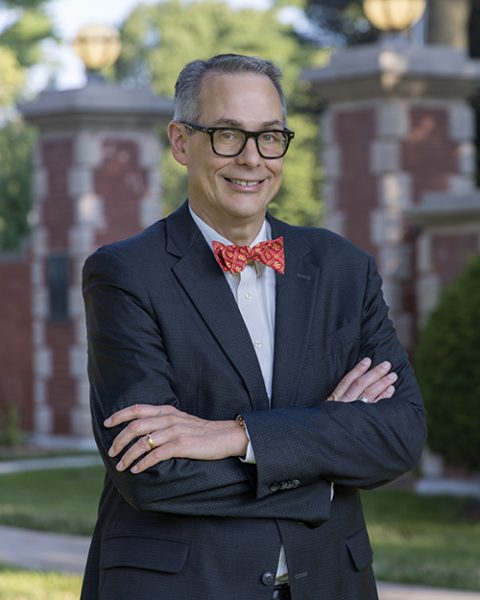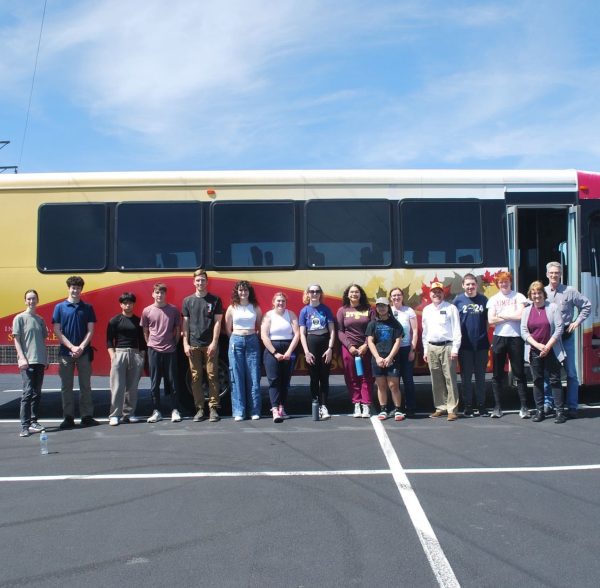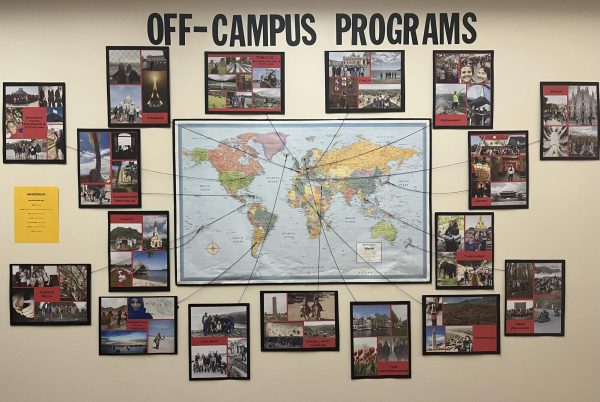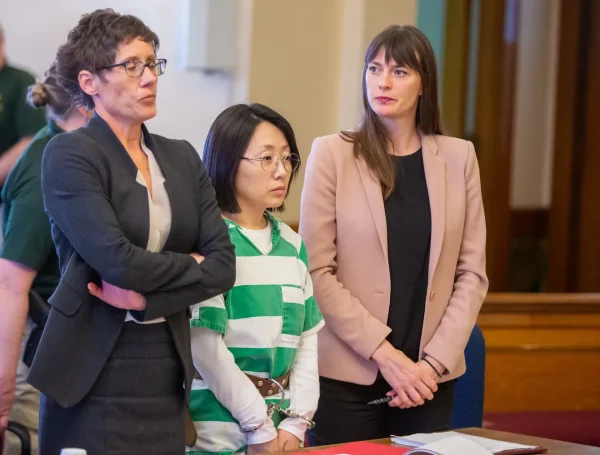More Cornerstone 7 courses available
March 21, 2011
With large numbers of juniors and seniors looking to fulfill their Cornerstone 7 requirement on campus, Simpson added another opportunity during May term.
To accommodate these students, Professor of Spanish Mark Bates will teach a second section of his Latin America in Film class. According to Bates, before opening the second section, he knew of between 10 and 15 students not able to register for an on-campus Cornerstone 7 course.
“If we had done just seniors we would have had enough,” Bates said. “It really was to provide an opportunity and choice for juniors and seniors about getting into a Cornerstone 7 class and fulfilling that need.”
While no exact information on whether the number of students taking on-campus Cornerstone 7 classes this May term is higher than in the past is currently available, professors have noticed an increased interest in taking Cornerstone 7 classes on campus.
According to Steve Griffith, senior vice president and dean of academic affairs, in the past years, the need became great enough for professors to offer cornerstone classes during the regular semesters.
Many reasons could explain students’ interest in these courses as opposed to studying abroad, however, Sharon Jensen, associate professor of education, believes two factors are weighing heavily into current students’ decisions.
“I think that this year there are more people with an urgent need because of the fact that they’re going to graduate (next) April,” Jensen said. “They don’t want to do a May term next year, so the juniors want to get theirs’ done now.”
In addition to the earlier graduation date, Jensen cites another reason some students prefer these classes: the economy.
While Jensen says she would like to see all students study abroad, often the cost is simply too high. When junior Kaleb Livingston traveled to Costa Rica during May term of 2010 the total cost came to around $4,000. Senior Robin Whitford paid relatively the same amount for her semester in London.
“I think every Liberal Arts student should have an experience abroad,” Jensen said. “But you know, financially it’s just not an option sometimes.”
Both Bates and Jensen agree that studying abroad at some point remains the best way to have a global experience, yet both say their on-campus course provides opportunities for students to acquire a new perspective on global issues.
In Bates’ film class, students will move through two units, one dealing with portrayals of Latin America in both American and Latin films, the other, focusing on societal problems such as drug use and gang violence.
“The class is meant to be interactive, with discussion, they’ll do critiques and read criticisms of film,” Bates said.
Jensen’s class similarly focuses on Latin America, specifically the immigration of Mexican immigrants to Iowa small towns such as Marshalltown and Postville. Students will discuss topics such as immigrant’s children in schools and the political issues surrounding immigration.
“We want to turn students out that are able to live in a global economy and in a world where boundaries are coming down,” Jensen said.















